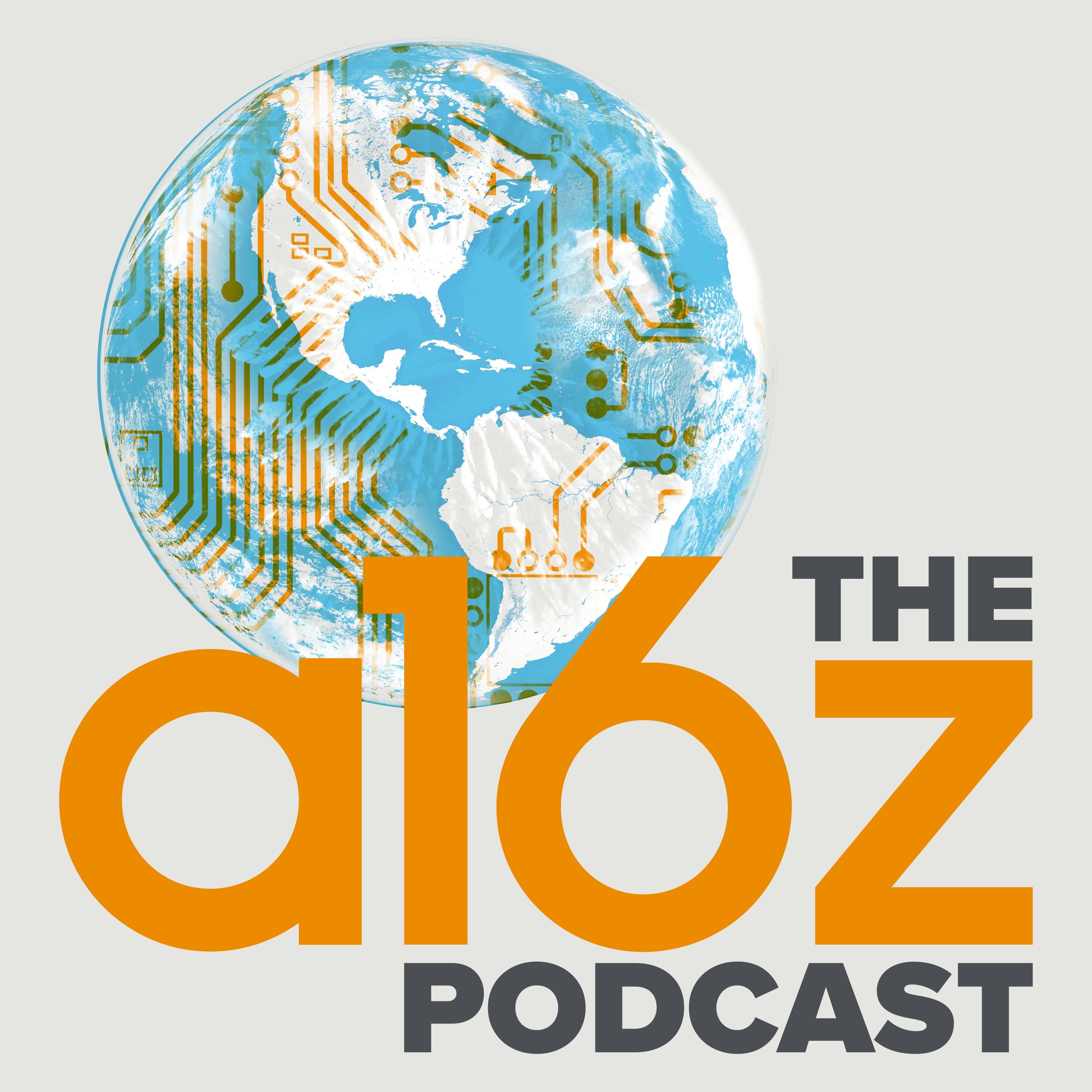
a16z Podcast: Companies, Networks, Crowds
a16z Podcast
Is a network -- whether a crowd or blockchain-based entity -- going to replace the firm anytime soon? Not yet, argue Andrew McAfee and Erik Brynjolfsson in the new book Machine, Platform, Crowd. But that title is a bit misleading, because the real questions most companies and people wrestle with are more "machine vs. mind", "platform vs. product", and "crowd vs. core". They're really a set of dichotomies.
Yet the most successful systems are rarely all one or all the other. So how then do companies make choices, tradeoffs in designing products between humans and machines, whether it's sales people vs. chatbots, or doctors vs. AIs? How can companies combine the fundamental building blocks of businesses -- such as network effects, platforms, crowds, and more -- in a way that lets them get ahead on the chessboard against the Red Queen? And then finally, at a macro level, how do we plan for the future without falling for the "fatal conceit" (which has now, arguably flipped from radical centralization to radical decentralization) ... and just run a ton of experiments to get there?
We (Frank Chen and Sonal Chokshi) discuss all this and more with Brynjolfsson and McAfee, who also founded MIT's Initiative on the Global Economy -- and previously wrote the popular The Second Machine Age and Race Against the Machine. Maybe there's a better way to stay ahead without having to run faster and faster just to stay in place like Alice in a tech Wonderland.
Next Episodes

a16z Podcast: Lobbying Tech @ a16z Podcast
📆 2017-06-24 23:32 / ⌛ 00:22:01

a16z Podcast: Cybersecurity in the Boardroom vs. the Situation Room @ a16z Podcast
📆 2017-06-19 00:22 / ⌛ 00:23:05

a16z Podcast: Taking the ‘Cyber’ Out of Cybersecurity @ a16z Podcast
📆 2017-06-16 08:10 / ⌛ 00:08:48

a16z Podcast: Changing the Conversation about Cybersecurity @ a16z Podcast
📆 2017-06-16 03:56 / ⌛ 00:19:20

a16z Podcast: Taking the Measure of Tech in Policy -- with Kamala Harris @ a16z Podcast
📆 2017-06-09 02:24 / ⌛ 00:27:00